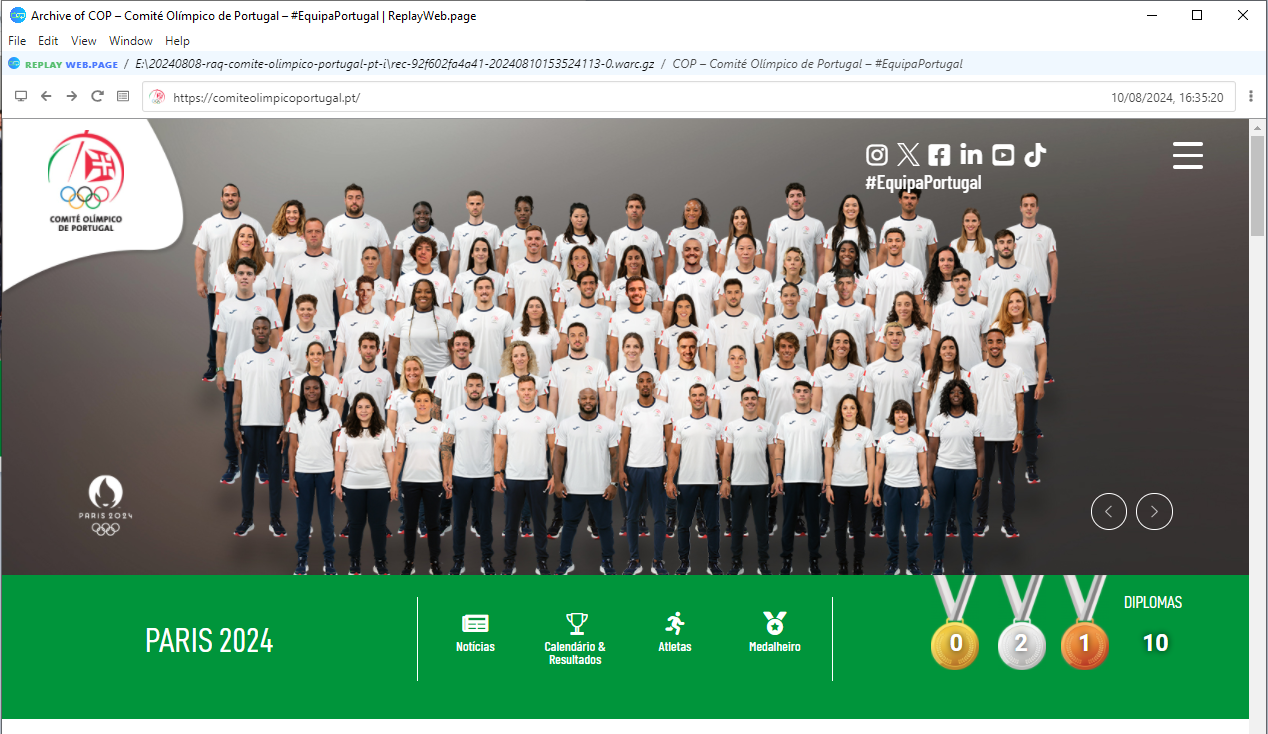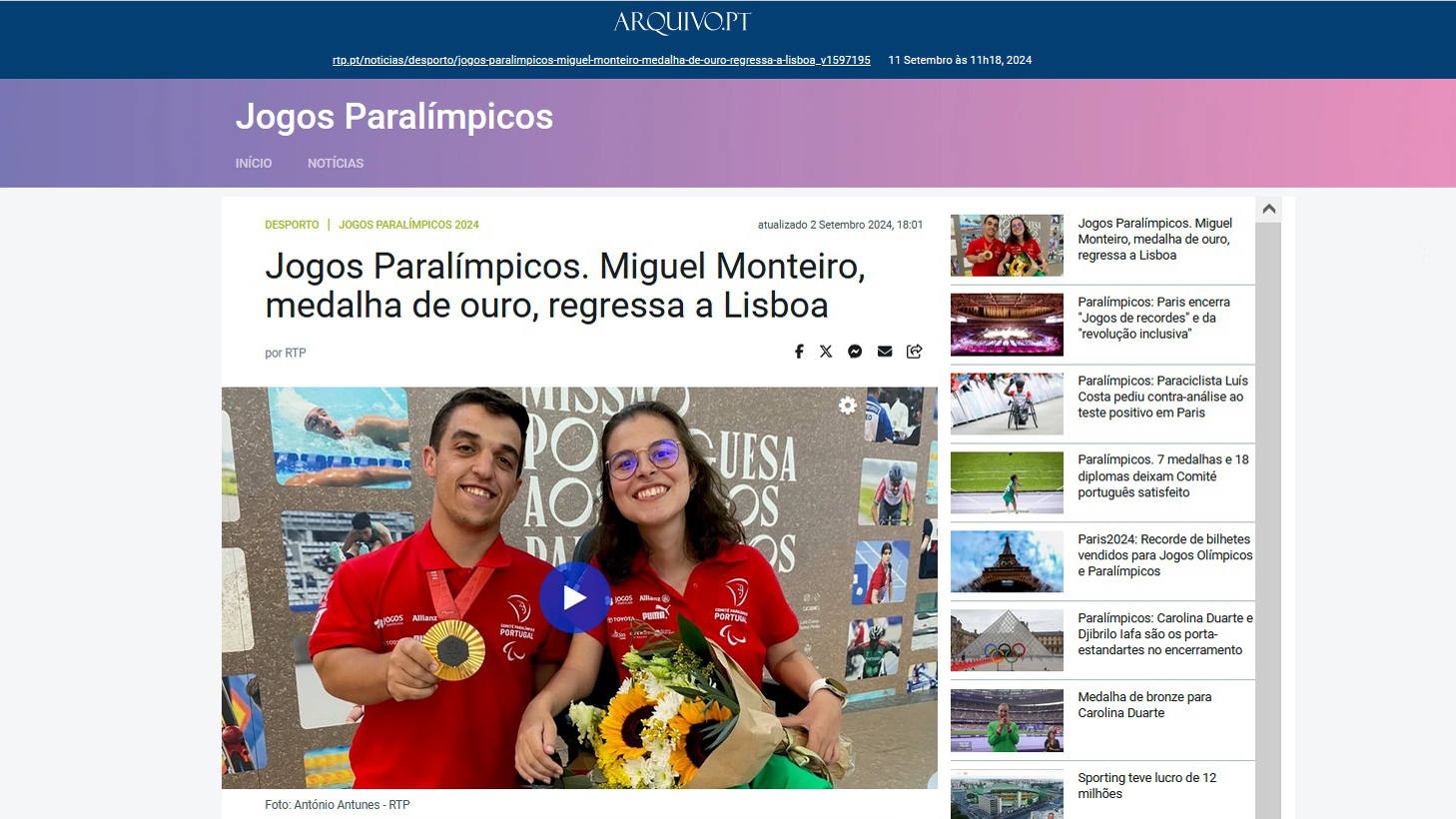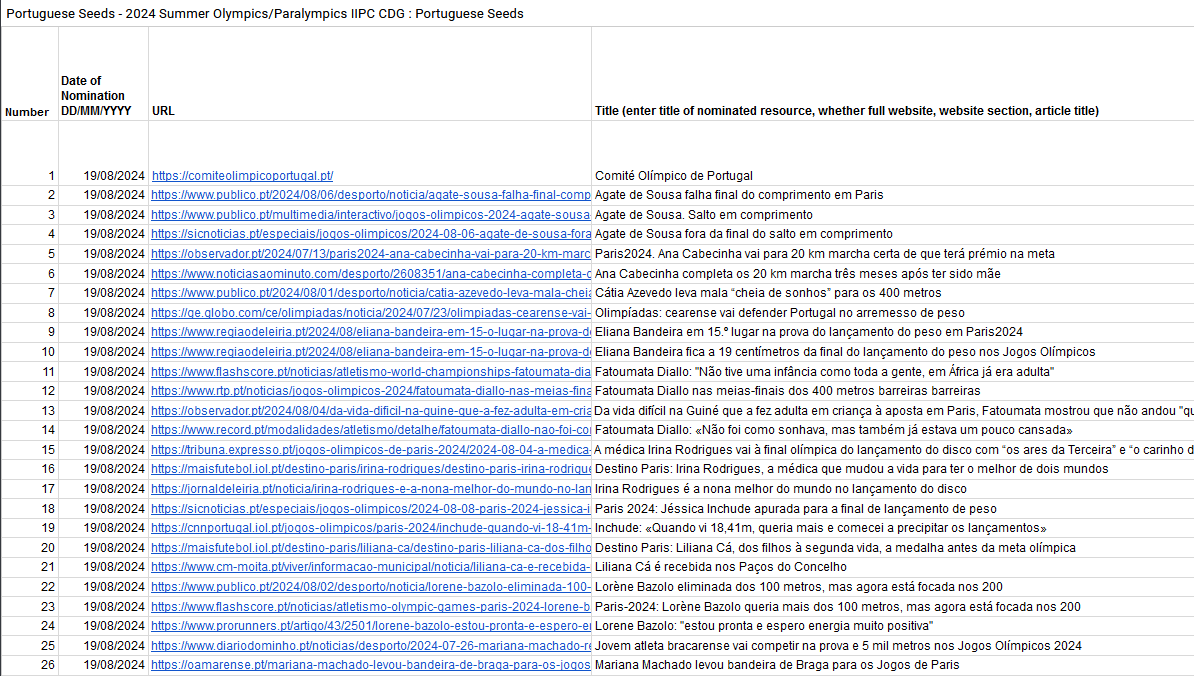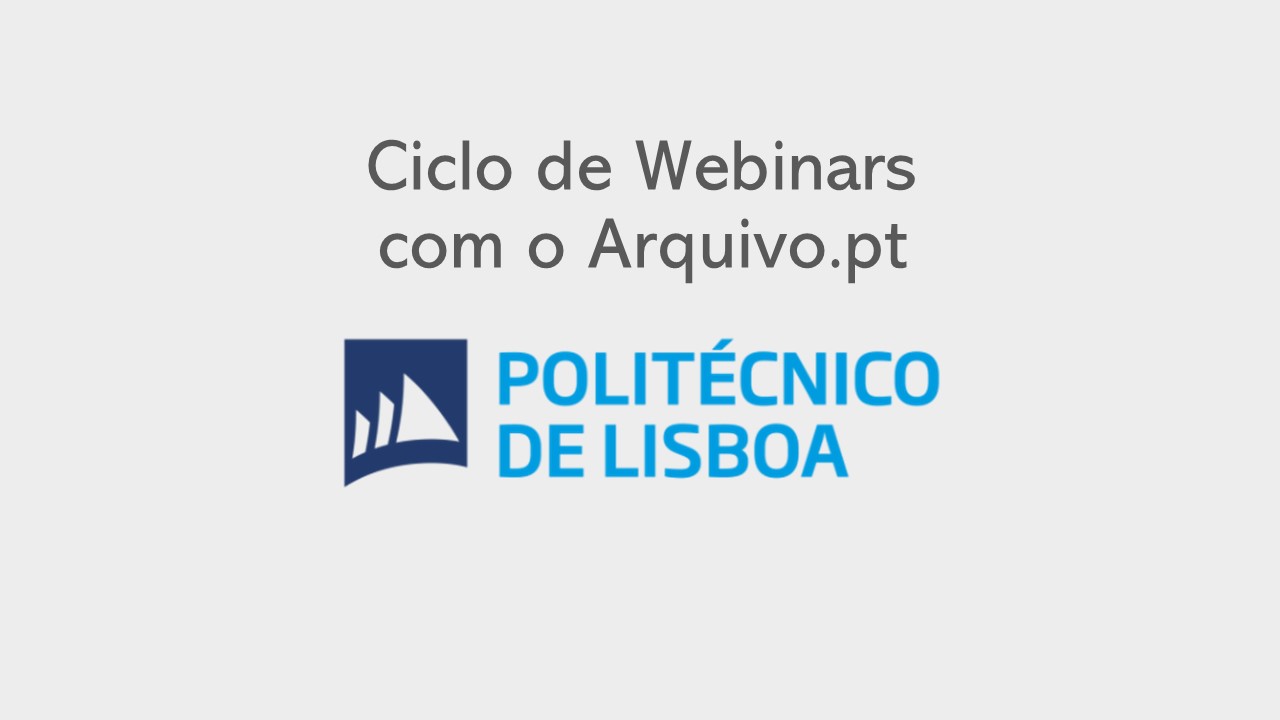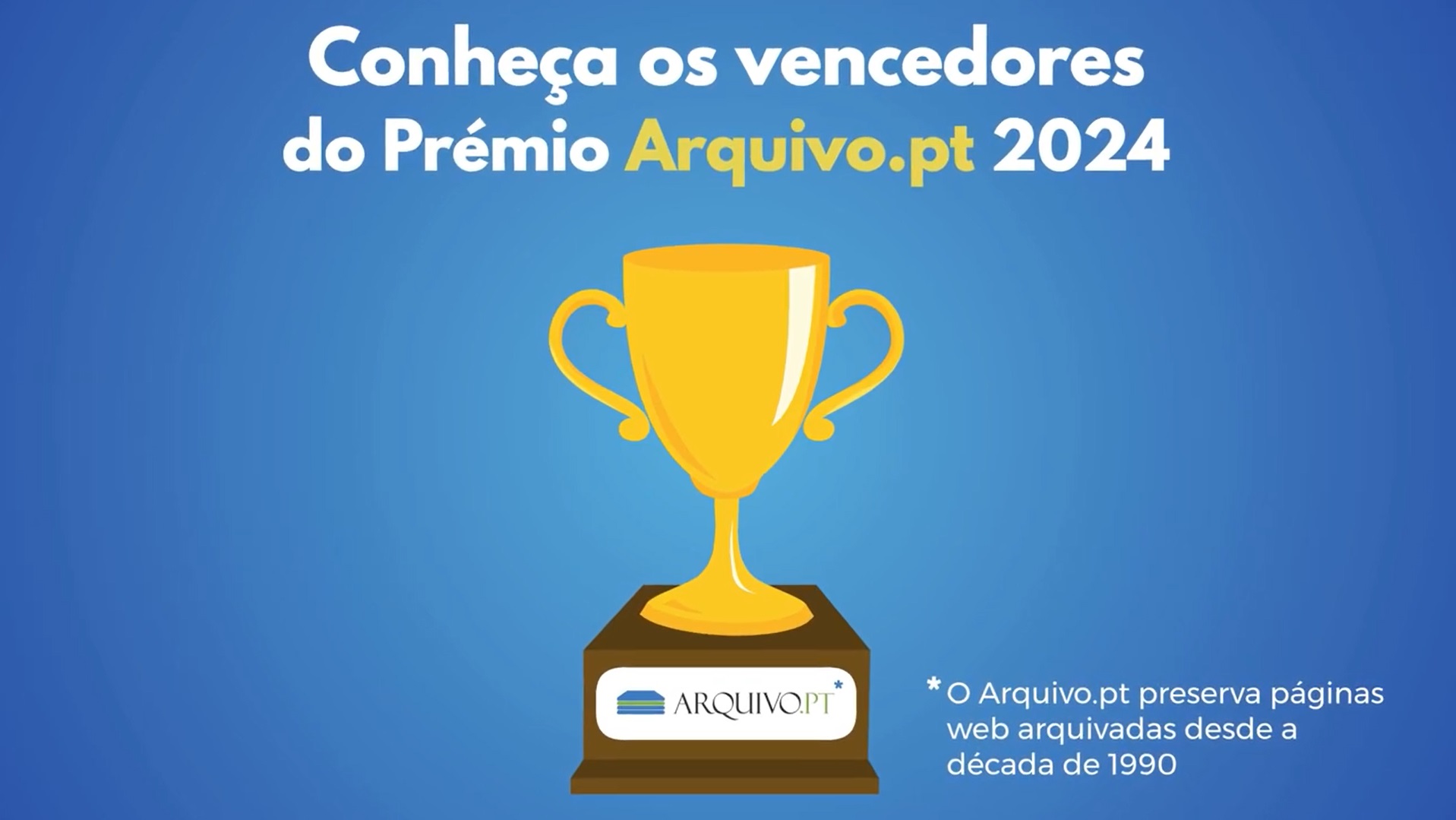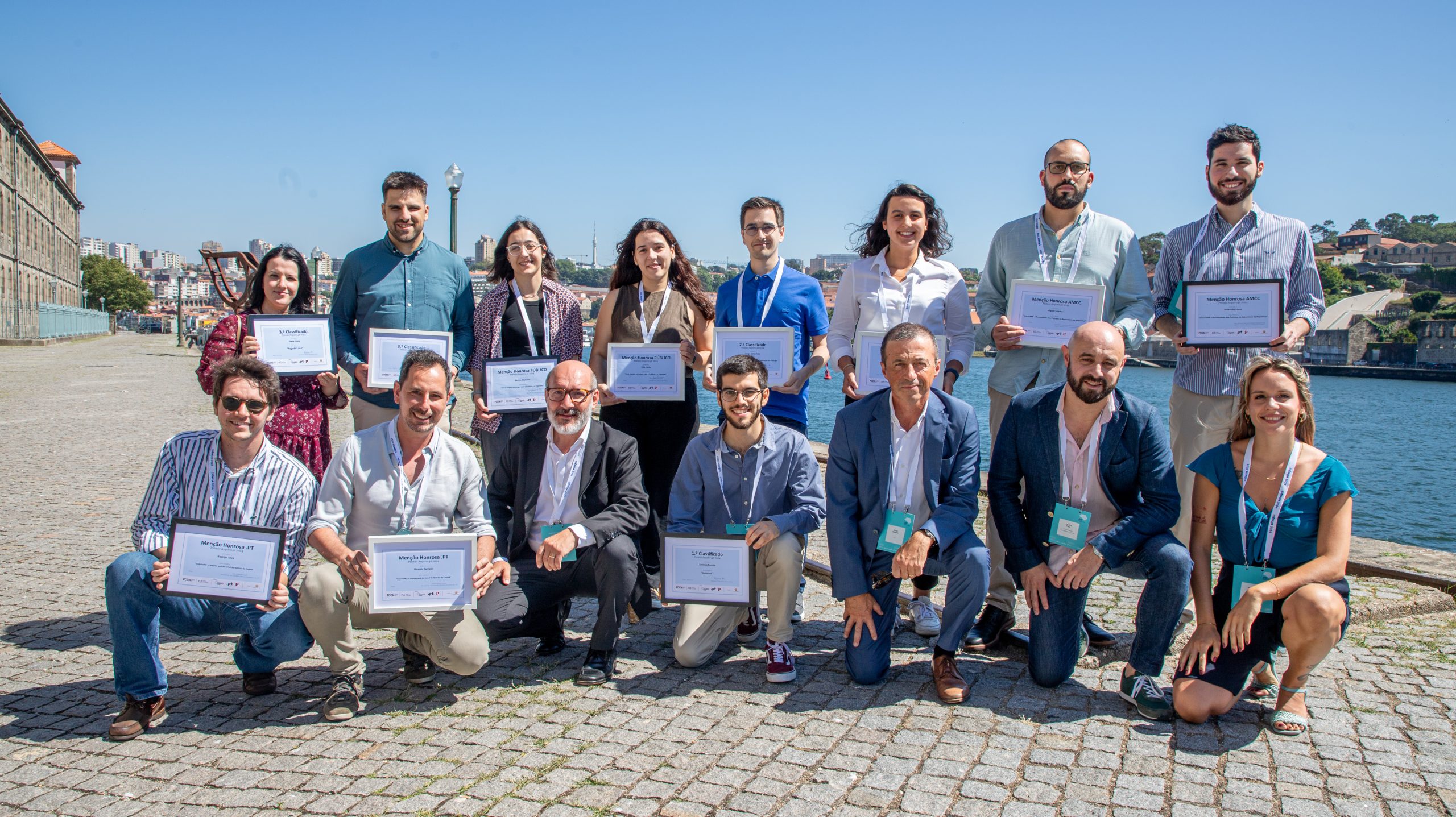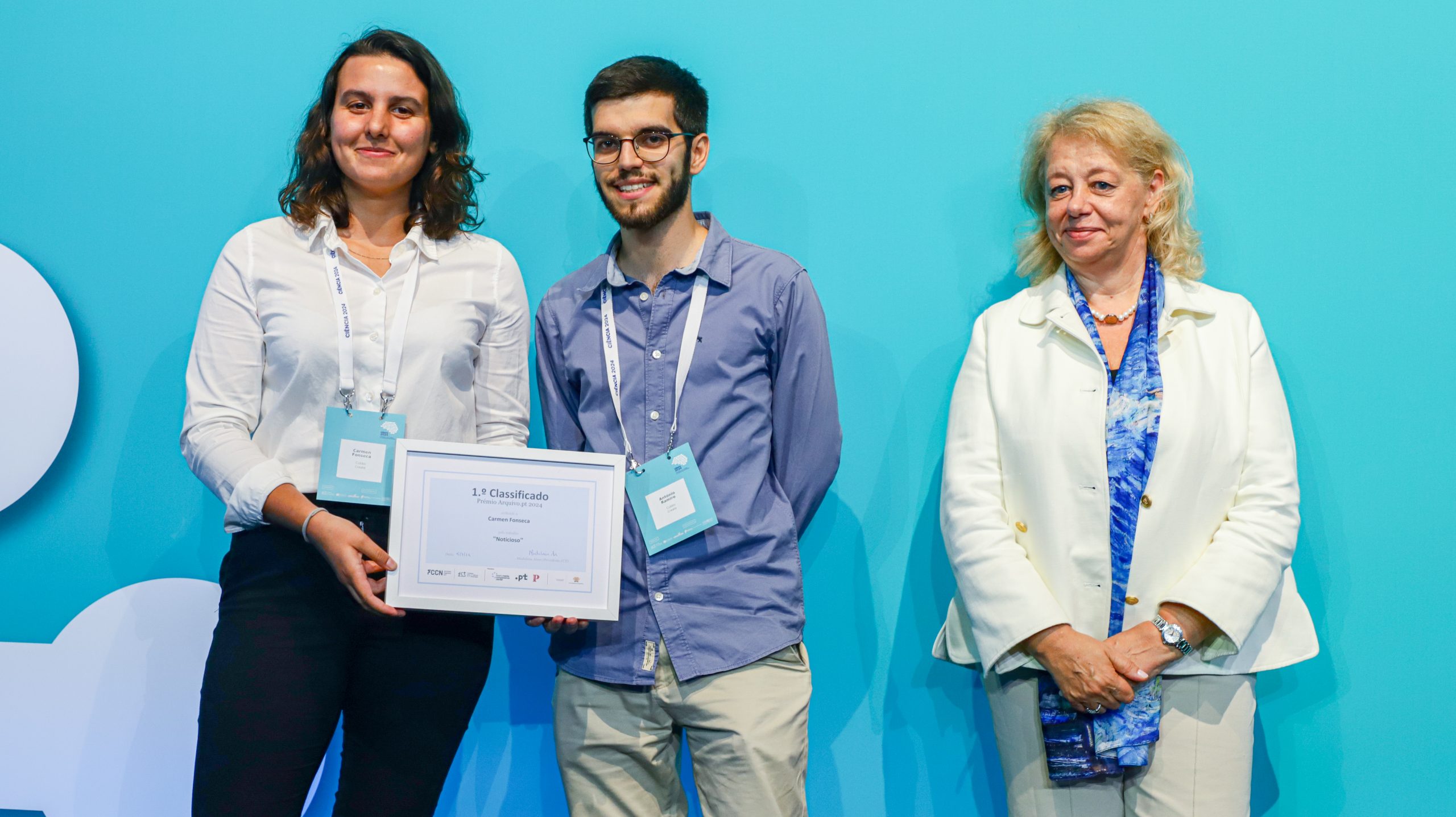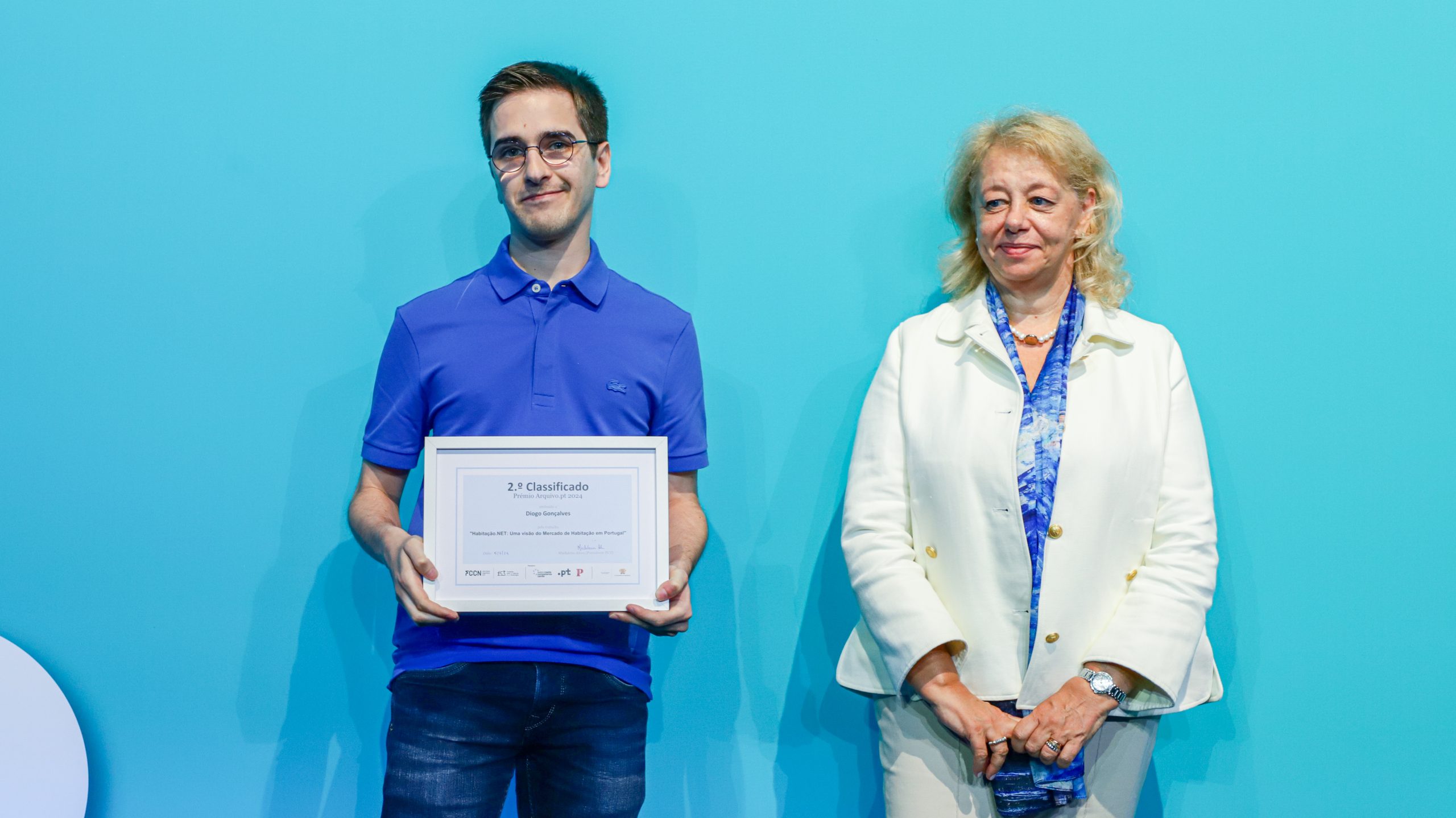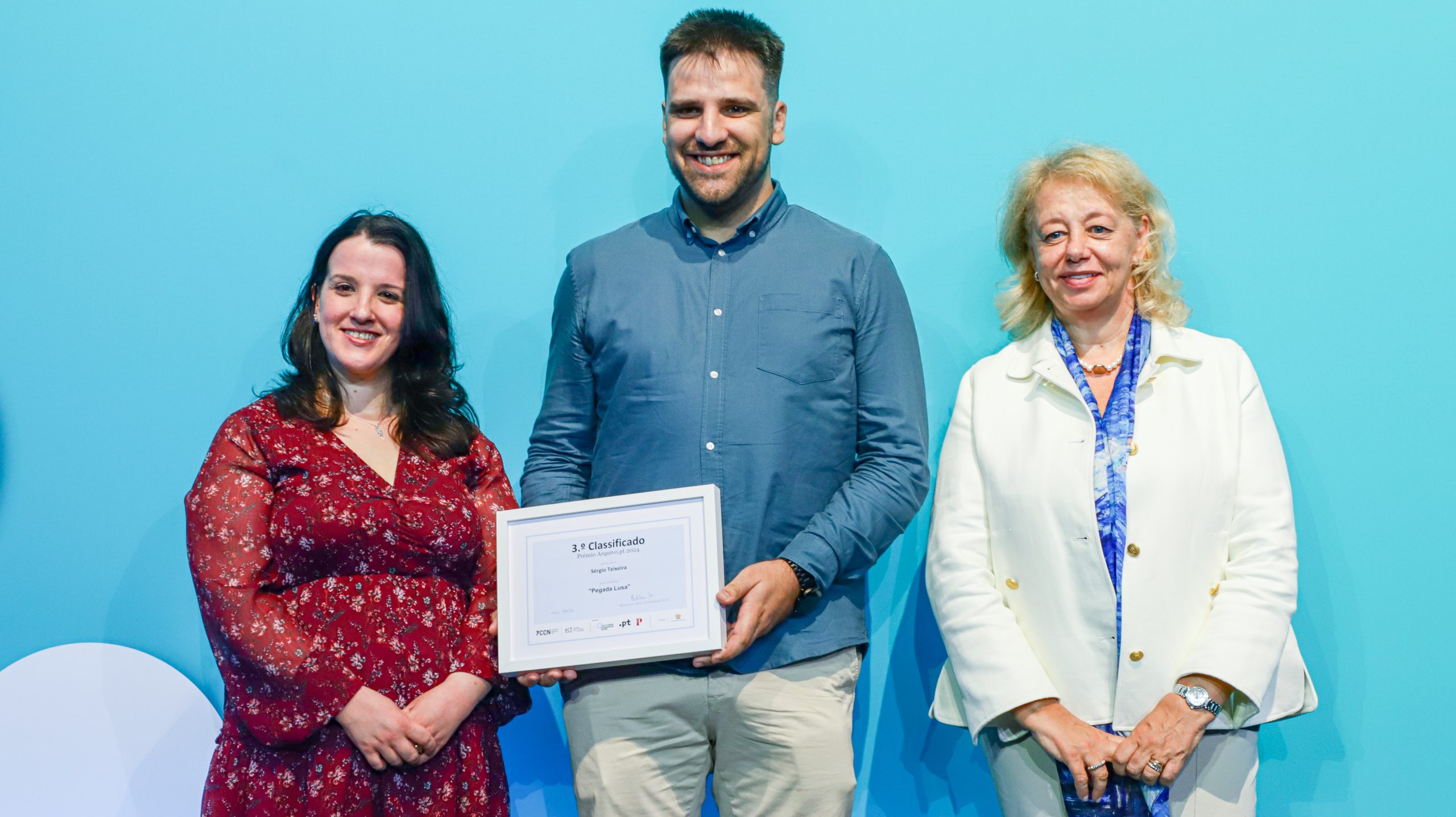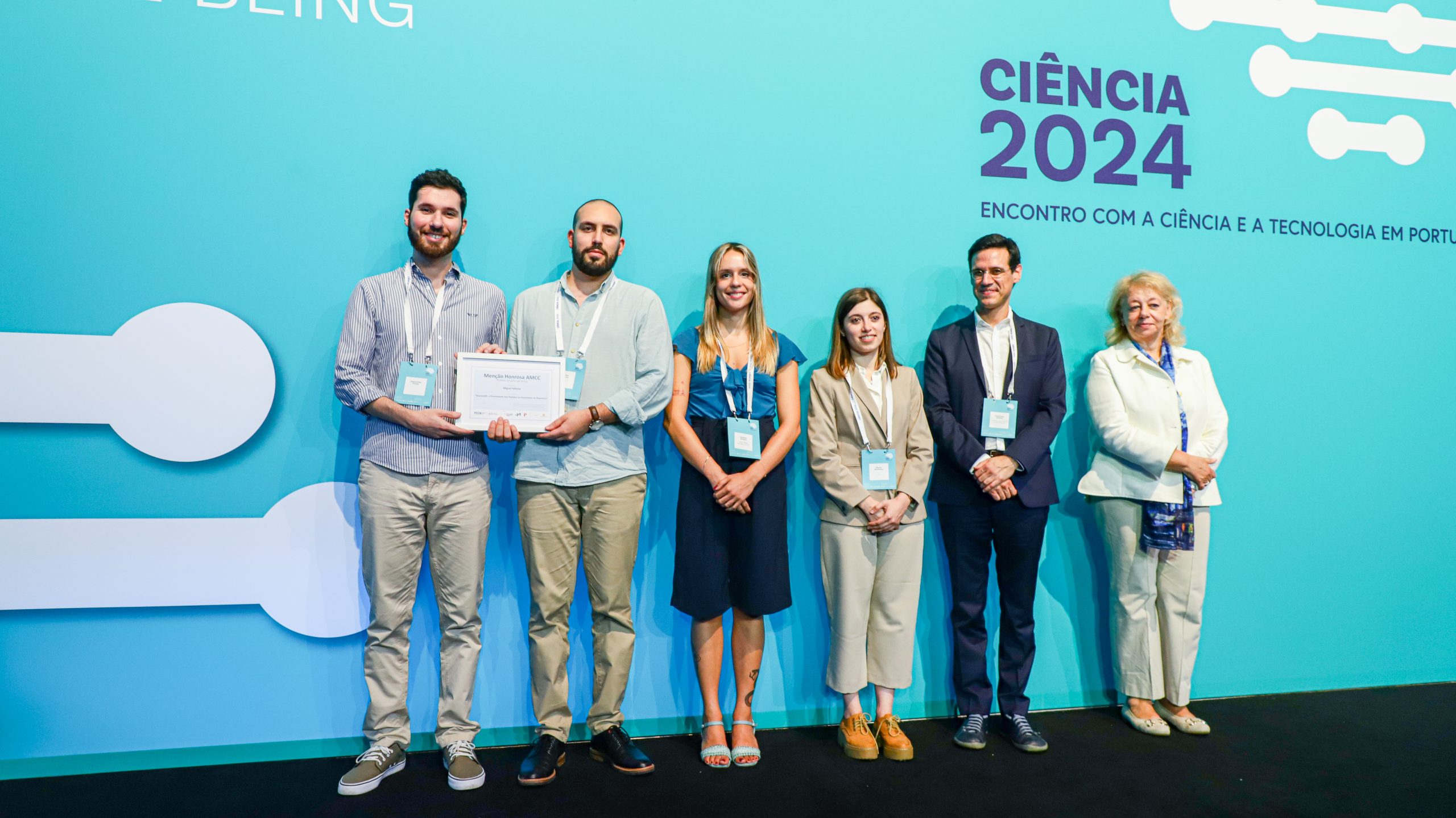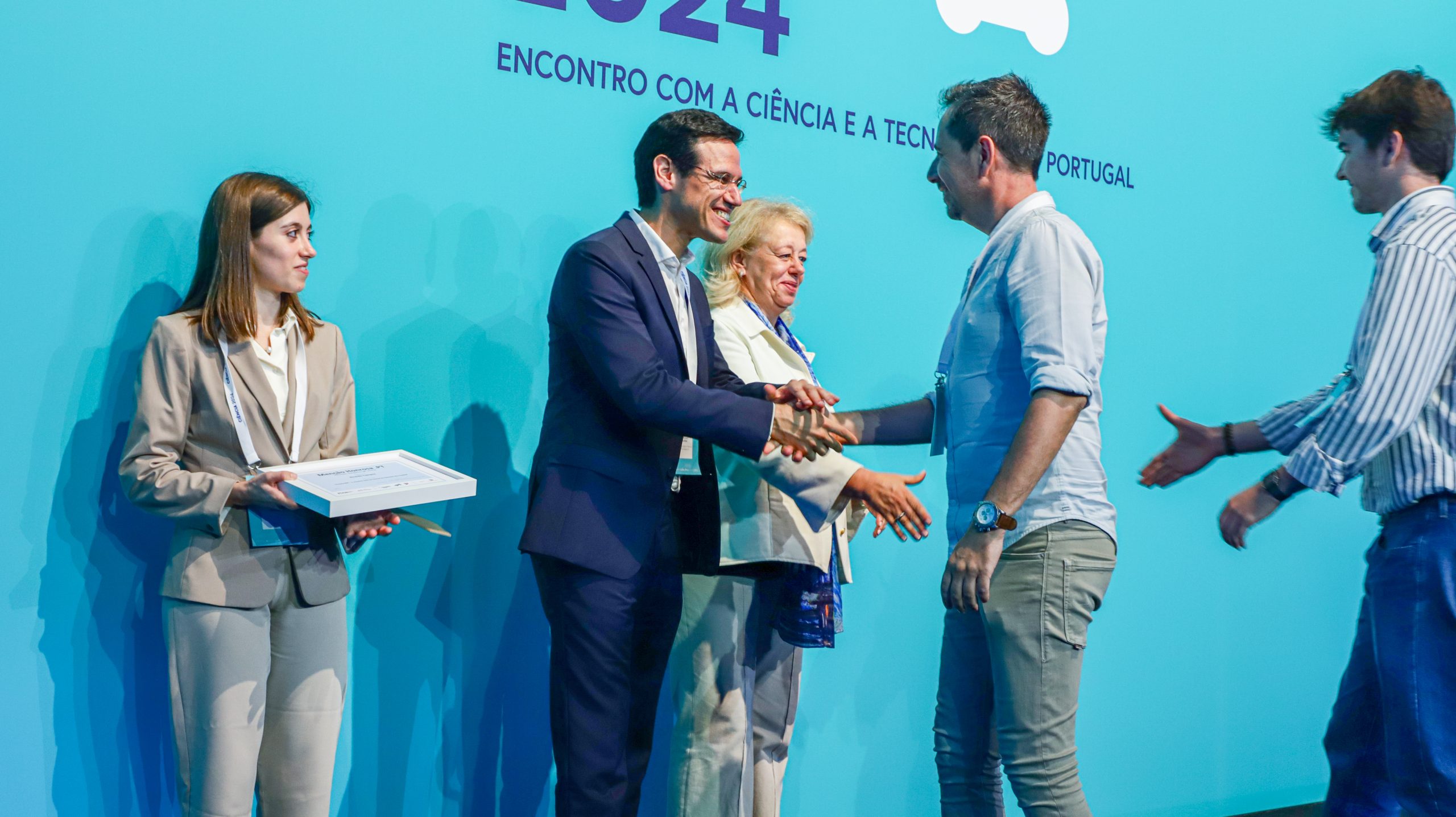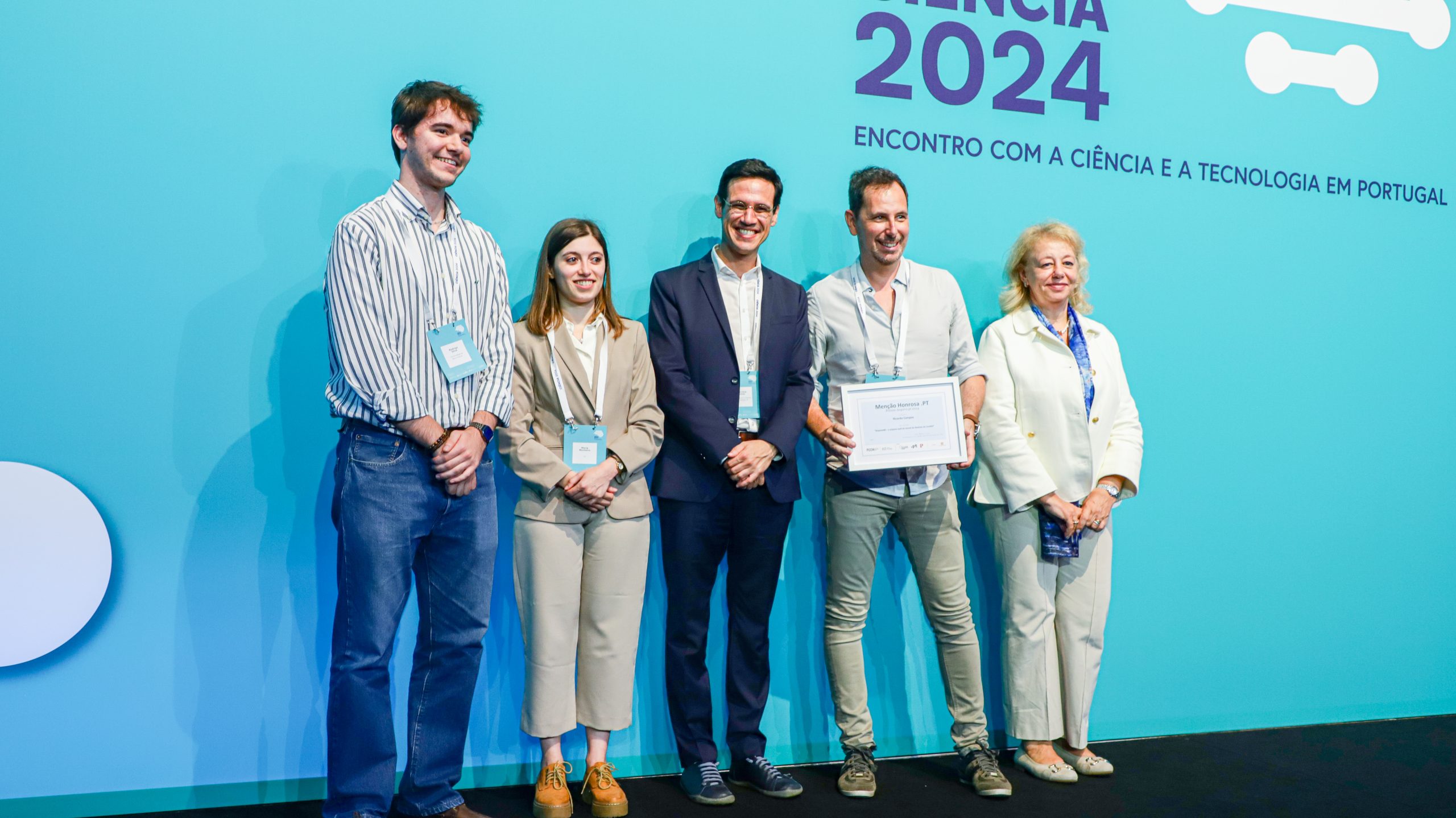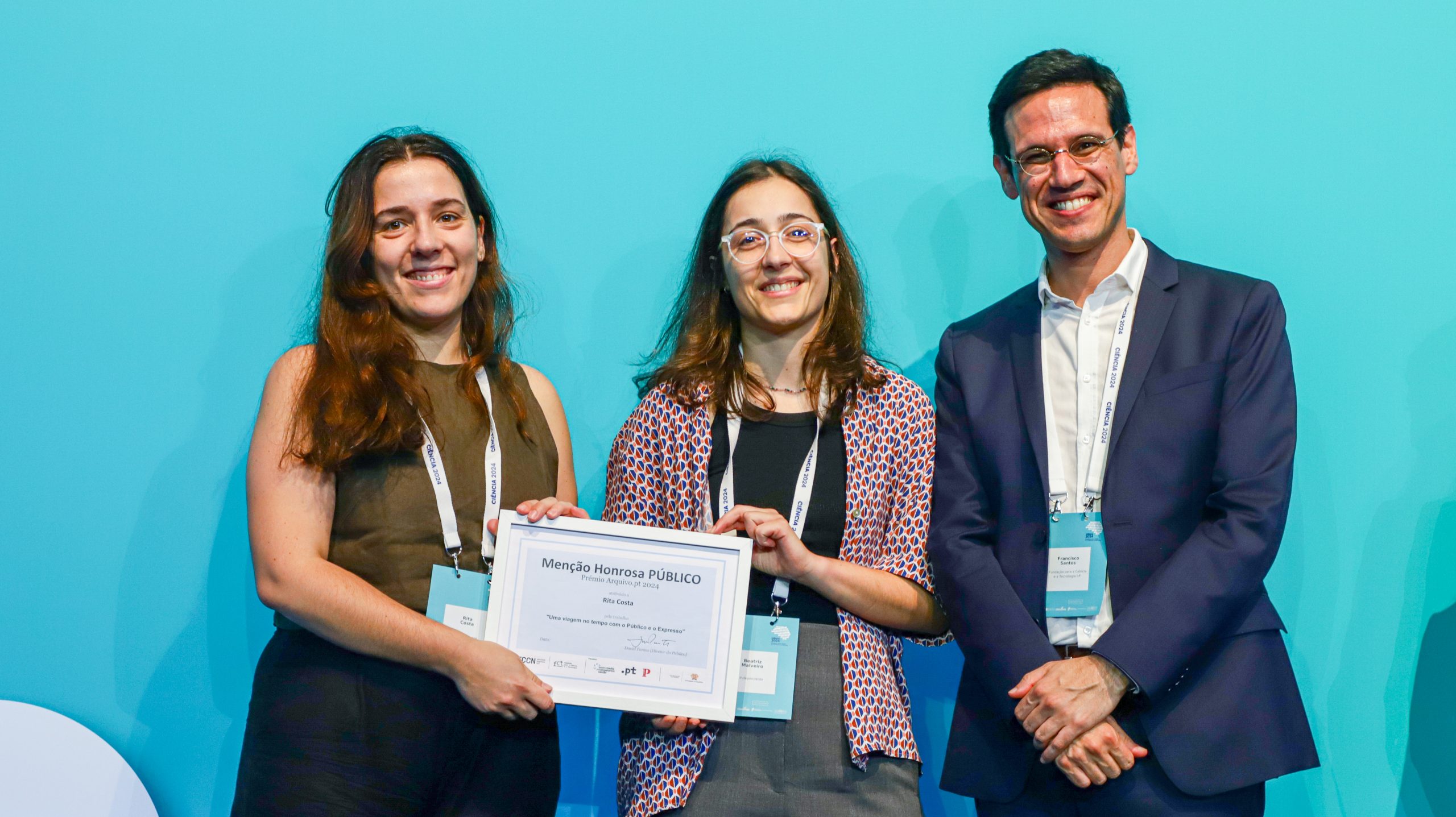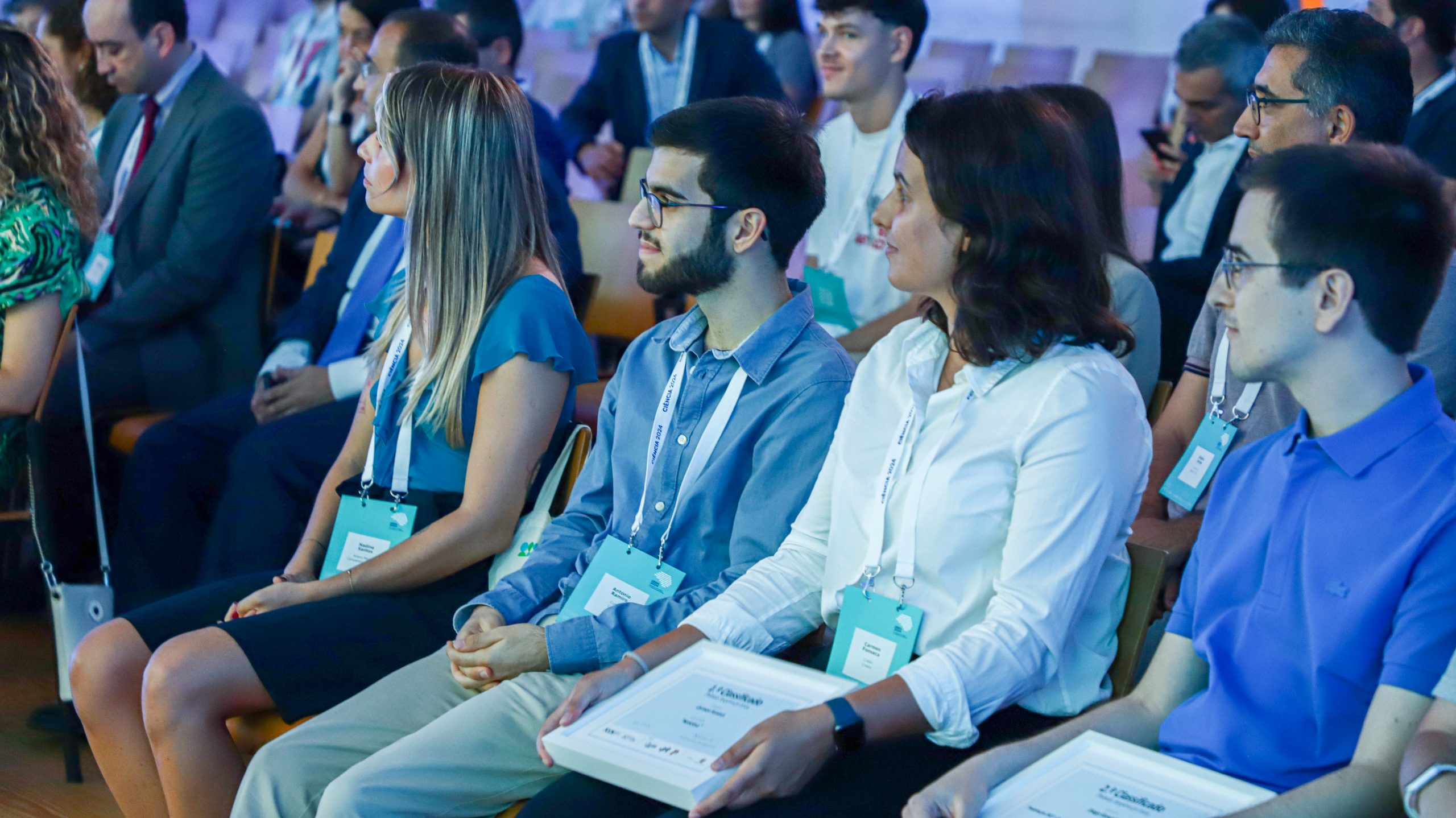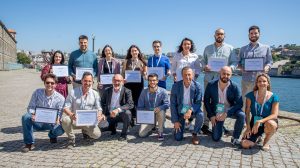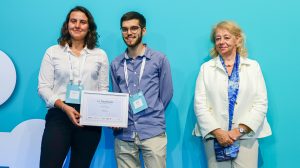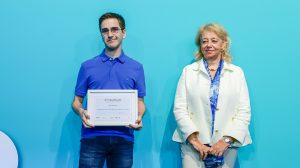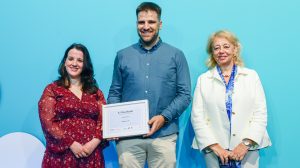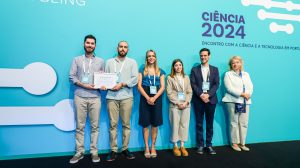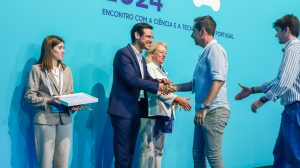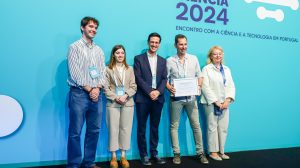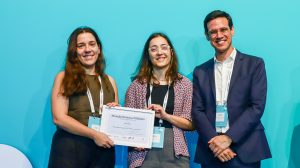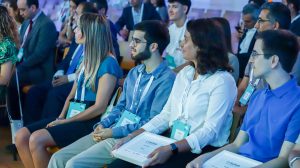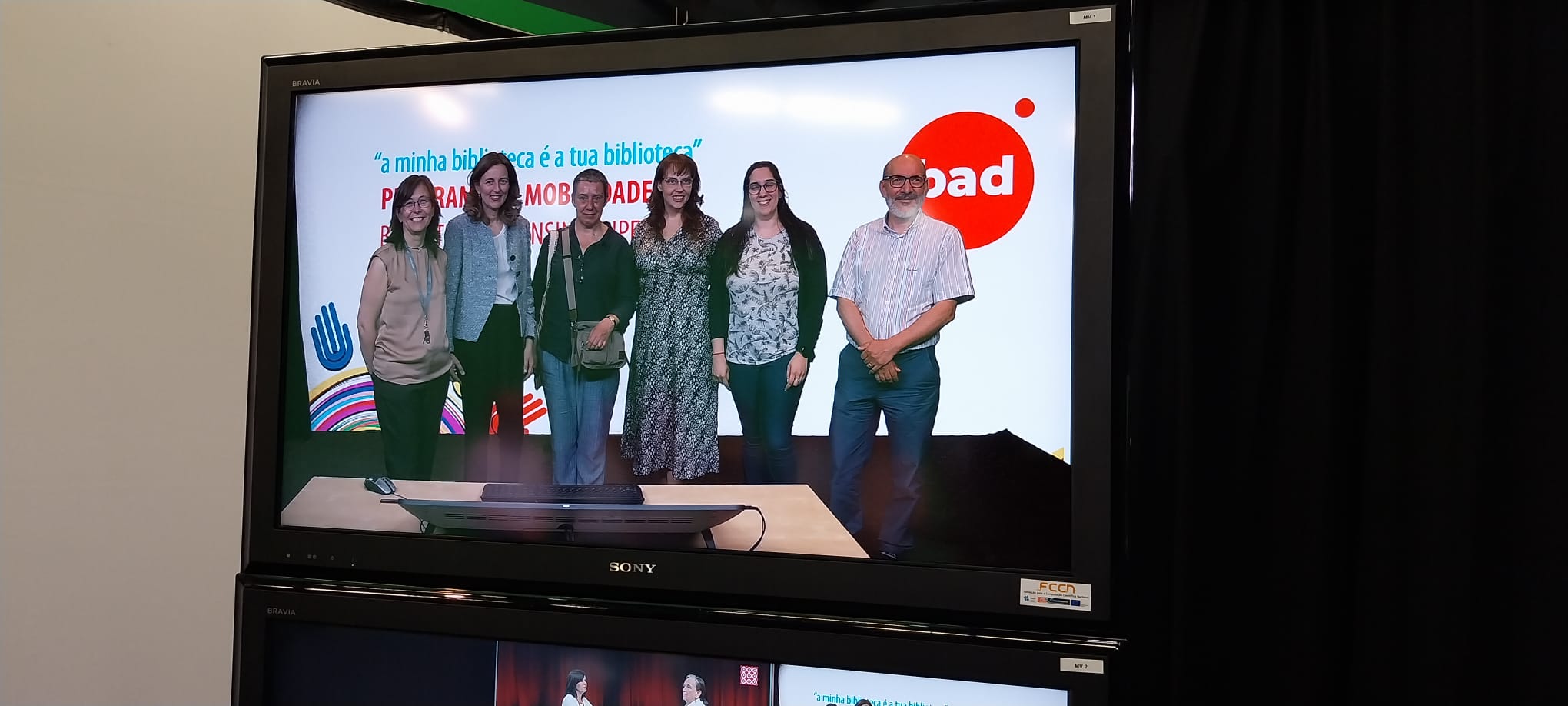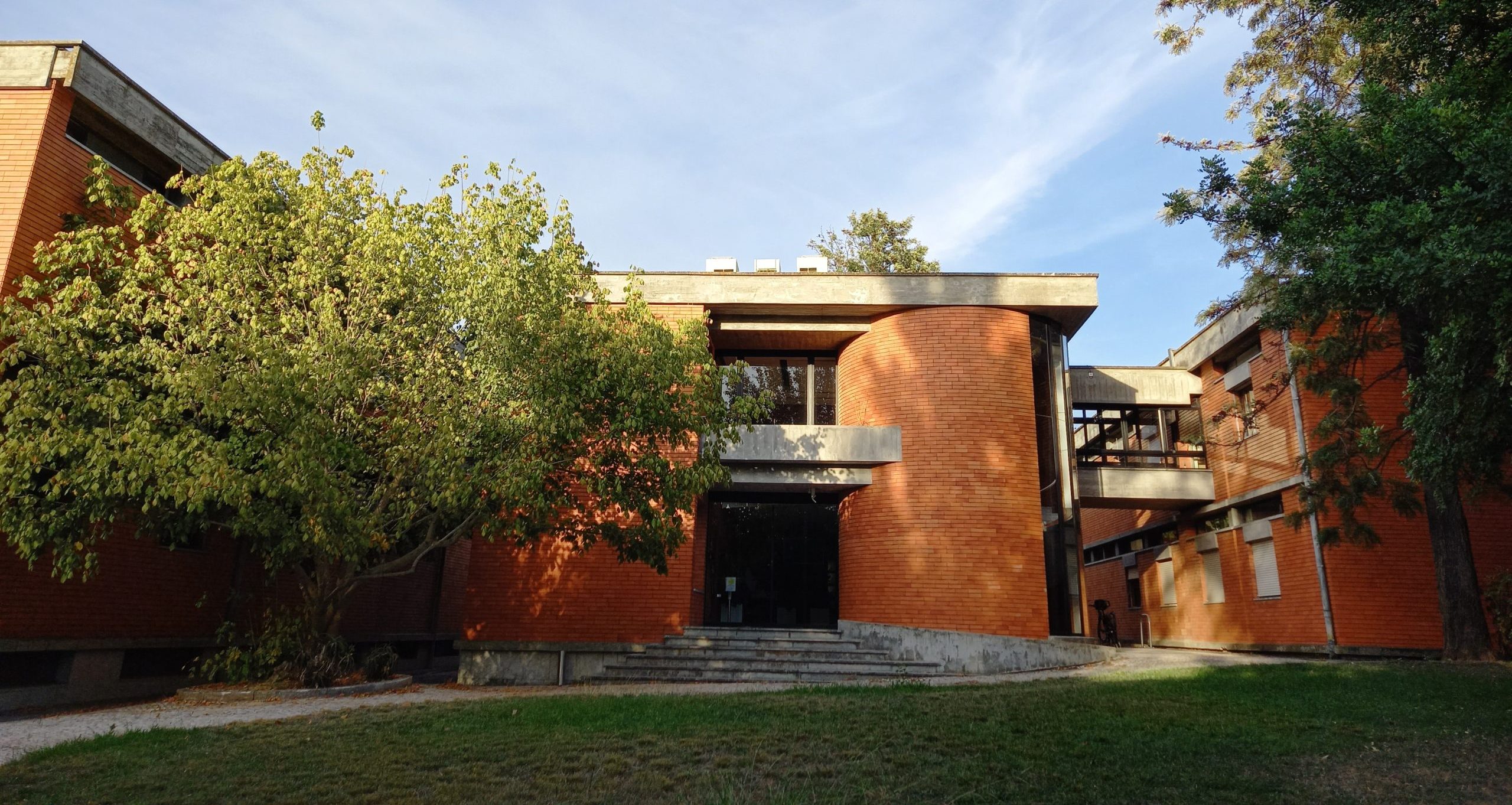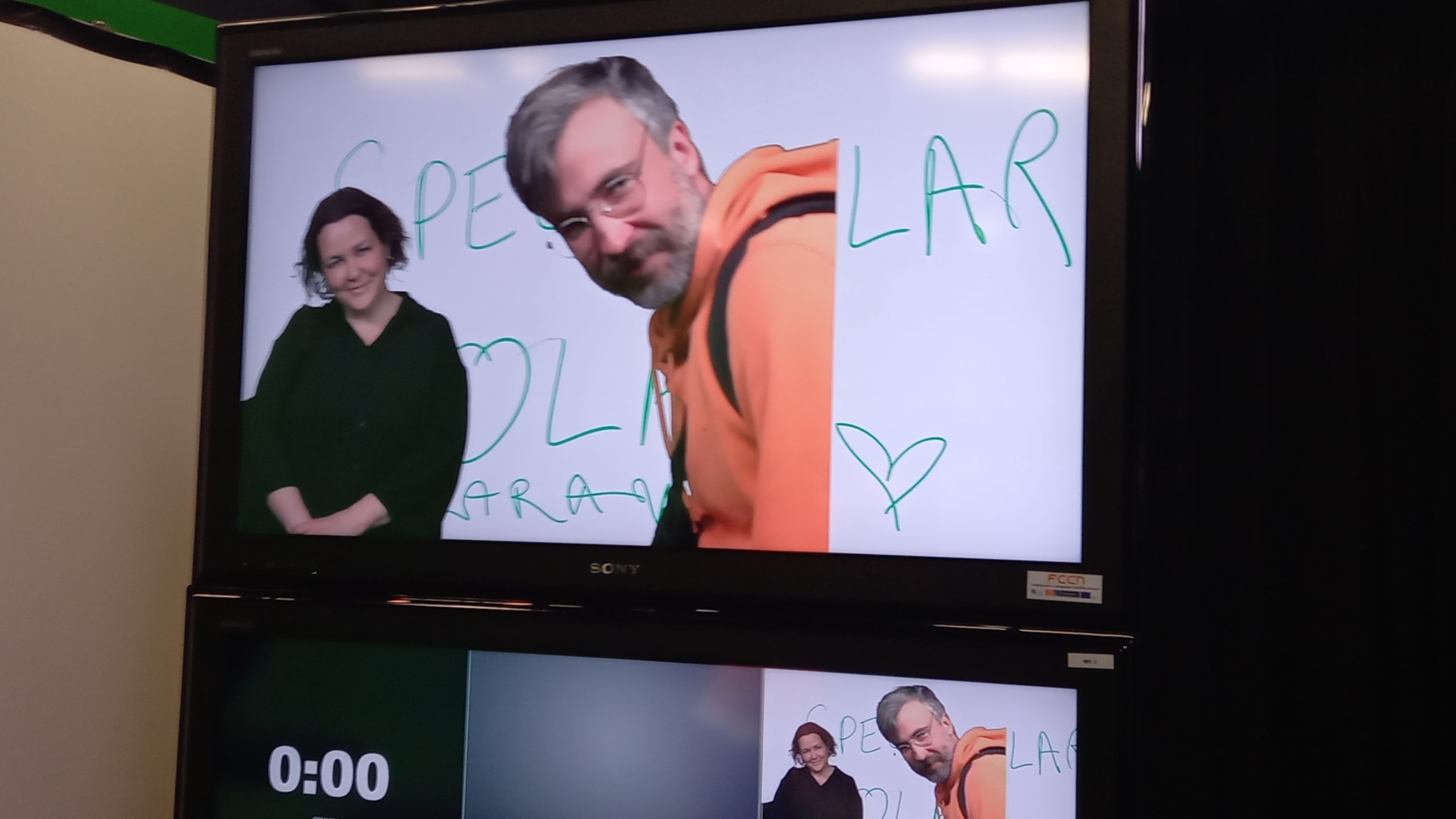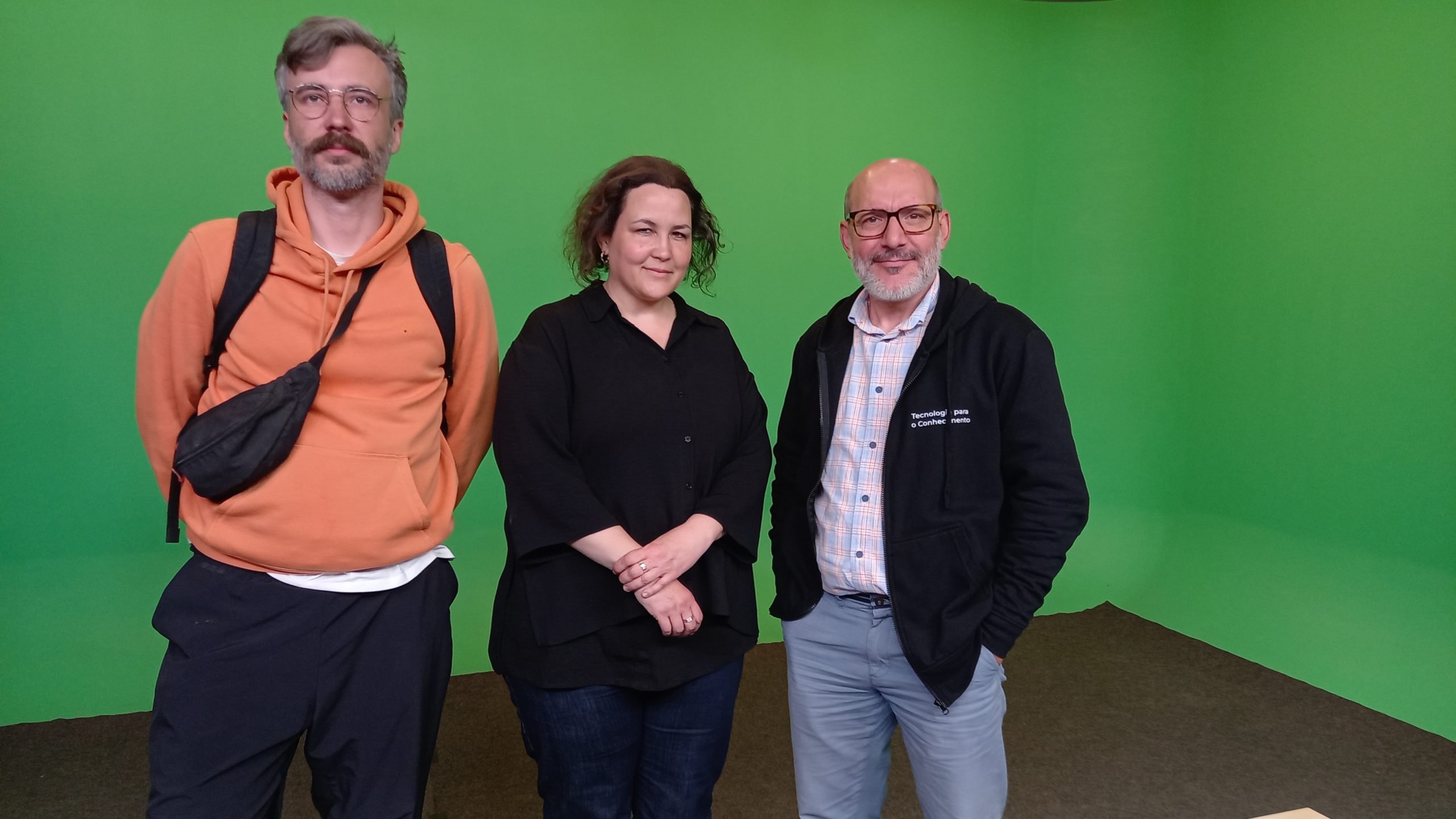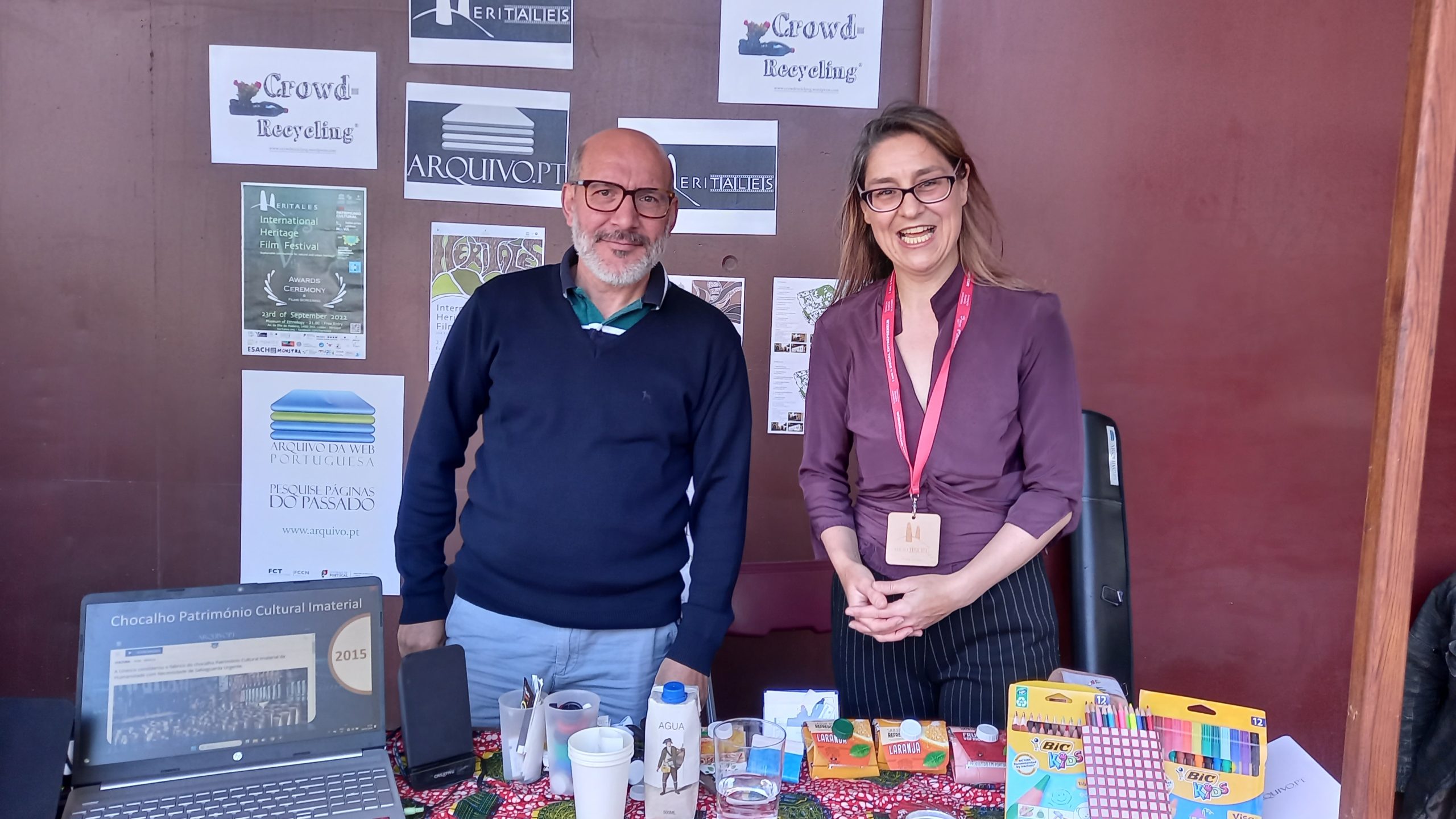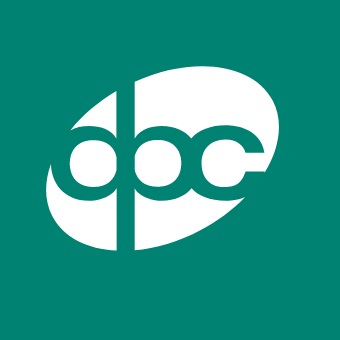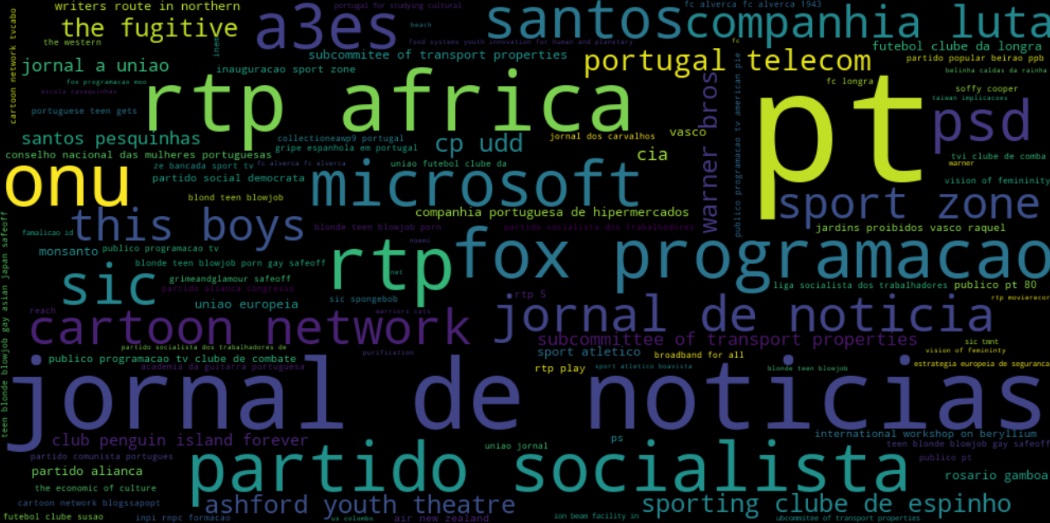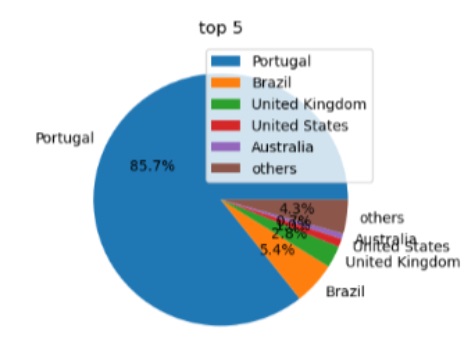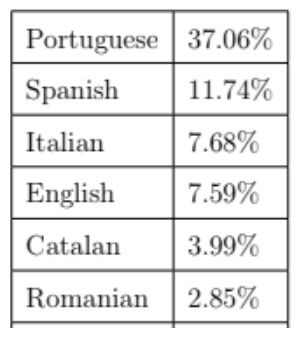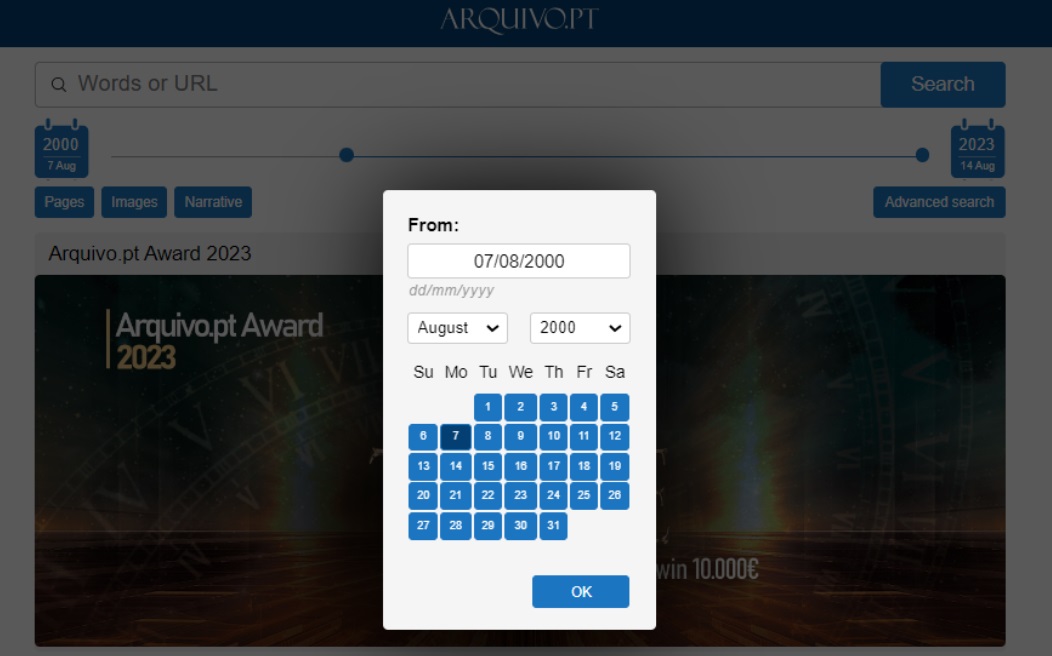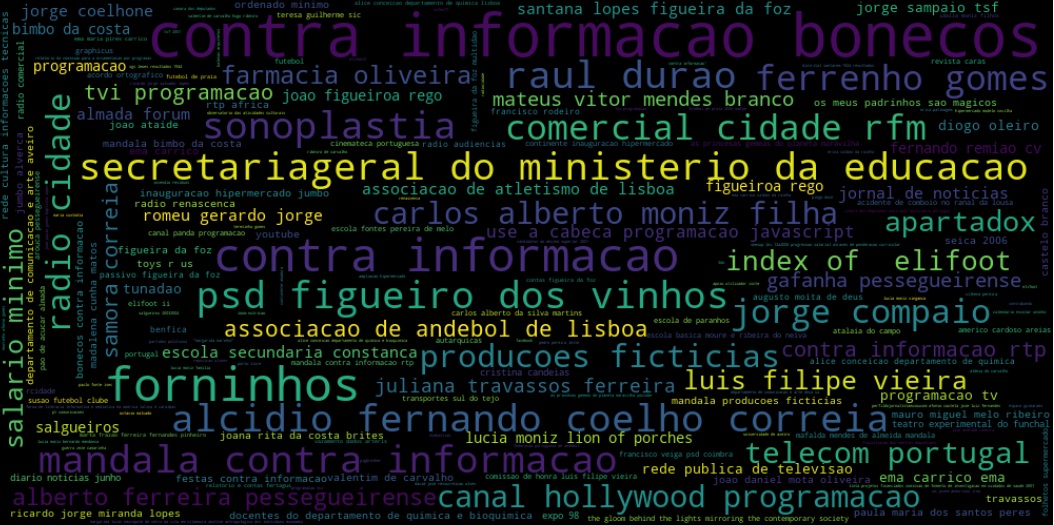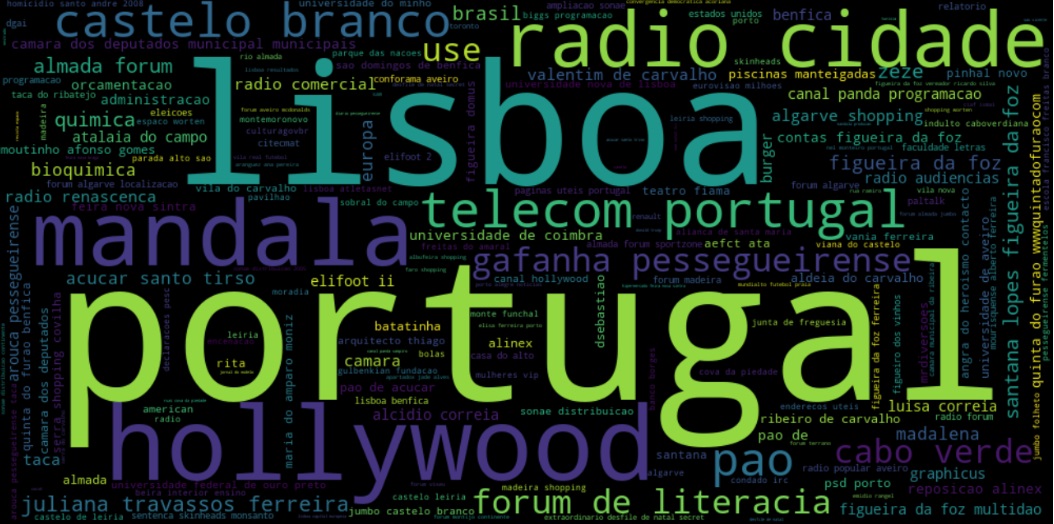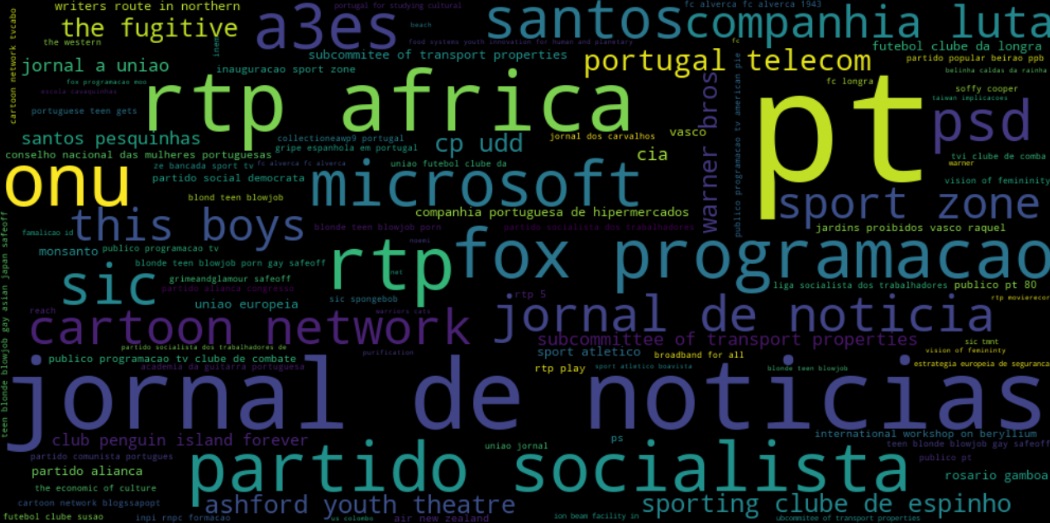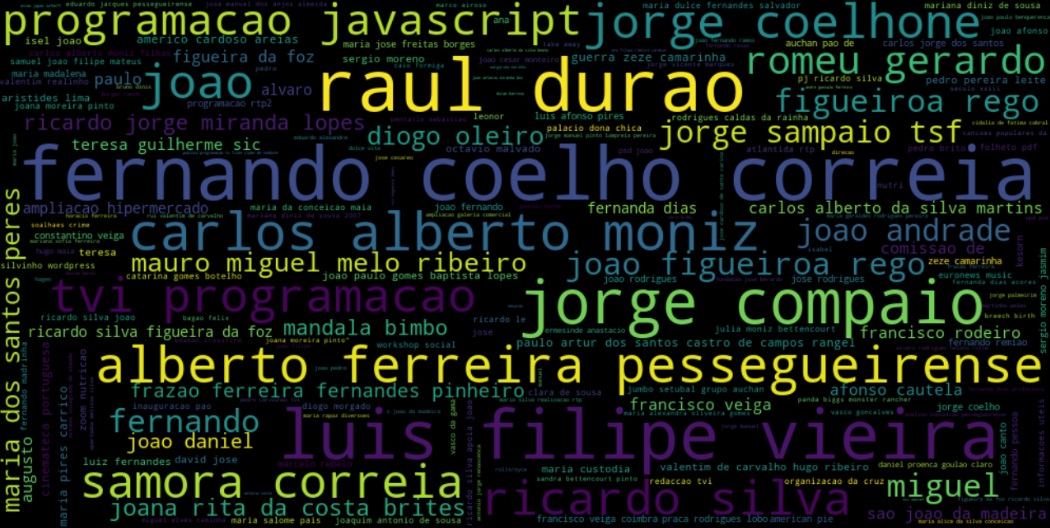Last updated on December 11th, 2024 at 12:16 pm
The month of September marks the beginning of a year’s work and also the end of many websites that are hopelessly lost. Remodelled or shut down without making a good copy of their content, this is how historic websites are lost unnecessarily.
There are tools that allow websites to be saved immediately by the organisations that manage them. In addition, there is the on-demand archiving service for high-quality websites that Arquivo.pt provides to partner organisations or in occasional collaborations.
This article aims to highlight the Browsertrix Crawler used by Arquivo.pt, without excluding other tools, which can be useful to information managers and IT departments.
Use of Browsertrix-crawler by Arquivo.pt for high-quality collections
Browsertrix Crawler is a tool that lets you record entire websites and lists of web pages automatically and in a format compatible with web archives.
Arquivo.pt uses the Browsertrix Crawler to make high-quality site collections (RAQs) on-demand of the community. For example, when a site is about to be shut down, when it’s going to undergo remodelling or, periodically, to maintain a good history of a particular site.
An illustrative case is the Almada City Council website, recorded in April 2021 at the request of the Municipal Archive. Another case is the website of the newspaper Notícias de Leiria, which was recorded before its closure in December 2023.
Requests for high-quality collections (RAQs) to Arquivo.pt are increasingly frequent: 77 requests from January to September 2024. This is a sign that there is greater concern about the preservation of web content.
What you need to use Browsertrix-crawler locally
The group that developed the Browsertrix Crawler, Webrecorder.net, led by Ilya Kreymer, has the motto ‘web archiving for all’. Its tools make it possible to record the Internet in a decentralised way and on a small scale.
The Browsertrix Crawler is available and can be installed on your computer for small collections.
The basic version of Browsertrix that Arquivo.pt is using requires basic command line knowledge, which is the only barrier for non-experts.
From Arquivo.pt’s own experience, using the Browsertrix Crawler is easy in multidisciplinary teams, where there is always someone with minimal knowledge to use Linux commands and provide occasional support.
Demonstration of recording entire websites on your own computer
To promote the preservation of sites in Web archive format, Arquivo.pt presents a use case for the Browsertrix Crawler. It’s useful for anyone who wants to deepen their knowledge and practice of saving sites in a local environment.
Other tools used by Arquivo.pt to record content
Brozzler: a tool for improving the history of daily and monthly collection sites
Brozzler is a similar tool to Browsertrix Crawler in that it also bases its recording on a browser. It is used and maintained by the Internet Archive.
Arquivo.pt has been using Brozzler since at least 2018 to record web pages with interactive content present on the web pages and for high-quality collections (RAQs).
Lists of up to 200 sites are successfully recorded by Brozzler. For example, the 125 daily collection sites (FAWP) are recorded with Brozzler at the beginning of each month.During the month, another list of 75 monthly collection sites (MAWP) is recorded using Brozzler.
At the end of 2023, Arquivo.pt compared Brozzler and Browsertrix Crawler and chose to keep these two tools.
Heritrix, pywb and ArchiveWeb.page: tools for thousands of sites or one page
The Heritrix crawler is Arquivo.pt’s main recording tool. It is used on huge lists of websites, such as the .PT domain sites, to which other Portuguese sites are added, totalling more than half a million.
On the opposite side is the ArchiveWeb.page extension, which Arquivo.pt uses for short page-by-page recordings and also for the Web archiving: do-it-yourself! training course.
To complete the list of recording tools used by Arquivo.pt, mention should be made of pywb, which comes into play, for example, when an Arquivo.pt user uses the ‘Complete the page’ functionality or the ArchivePageNow service.


